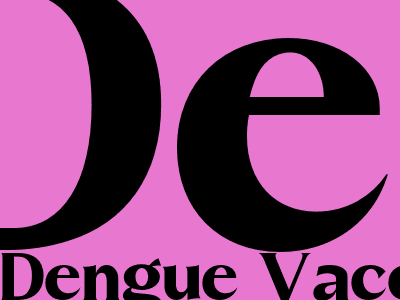Dengue Vaccine: A Critical Overview
Understanding Dengue Fever
Dengue fever is a mosquito-borne viral infection that affects millions of people worldwide, particularly in tropical and subtropical regions. It is characterized by flu-like symptoms such as fever, headache, muscle pain, and rash.
Dengue virus has four distinct serotypes (DENV-1, DENV-2, DENV-3, and DENV-4). Infection with one serotype provides temporary immunity against that specific type but not against others, making secondary infections a significant health concern.
Introduction of Dengue Vaccine
In 2015, the World Health Organization (WHO) prequalified Dengvaxia, the first licensed dengue vaccine. Dengvaxia is a live attenuated vaccine that targets all four serotypes of the dengue virus.
Efficacy and Safety Concerns
Studies have shown that Dengvaxia is effective in preventing dengue fever by up to 65%. However, concerns were raised about its safety, particularly in individuals who had not previously been exposed to dengue virus.
Safety Concerns
A large-scale study in the Philippines showed an increased risk of severe dengue in children who received Dengvaxia but had not previously been infected with the virus. This led to the suspension of the vaccine program in the Philippines and several other countries.
Age Restrictions
Due to these safety concerns, Dengvaxia is now only recommended for individuals aged 9 to 45 who live in endemic areas and have laboratory-confirmed previous dengue infection.
Alternative Approaches to Dengue Prevention
In addition to vaccination, there are several other measures that can help prevent dengue fever, including:
- Using insect repellent containing DEET, picaridin, or IR3535
- Wearing long sleeves and pants in areas where mosquitoes are prevalent
- Using mosquito nets and screens on windows and doors
- Eliminating mosquito breeding sites around the home
Conclusion
Dengue fever remains a significant public health challenge in many parts of the world. While Dengvaxia has been shown to be effective in preventing dengue infection, safety concerns have limited its use.
Ongoing research and development efforts are directed toward improving the safety and effectiveness of dengue vaccines, as well as exploring alternative strategies for dengue prevention and treatment.
References
- WHO Fact Sheet on Dengue and Severe Dengue
- CDC Information on Dengue Fever
- Safety and efficacy of a tetravalent dengue vaccine in children in Latin America: a phase 3, randomised, controlled trial

Comments